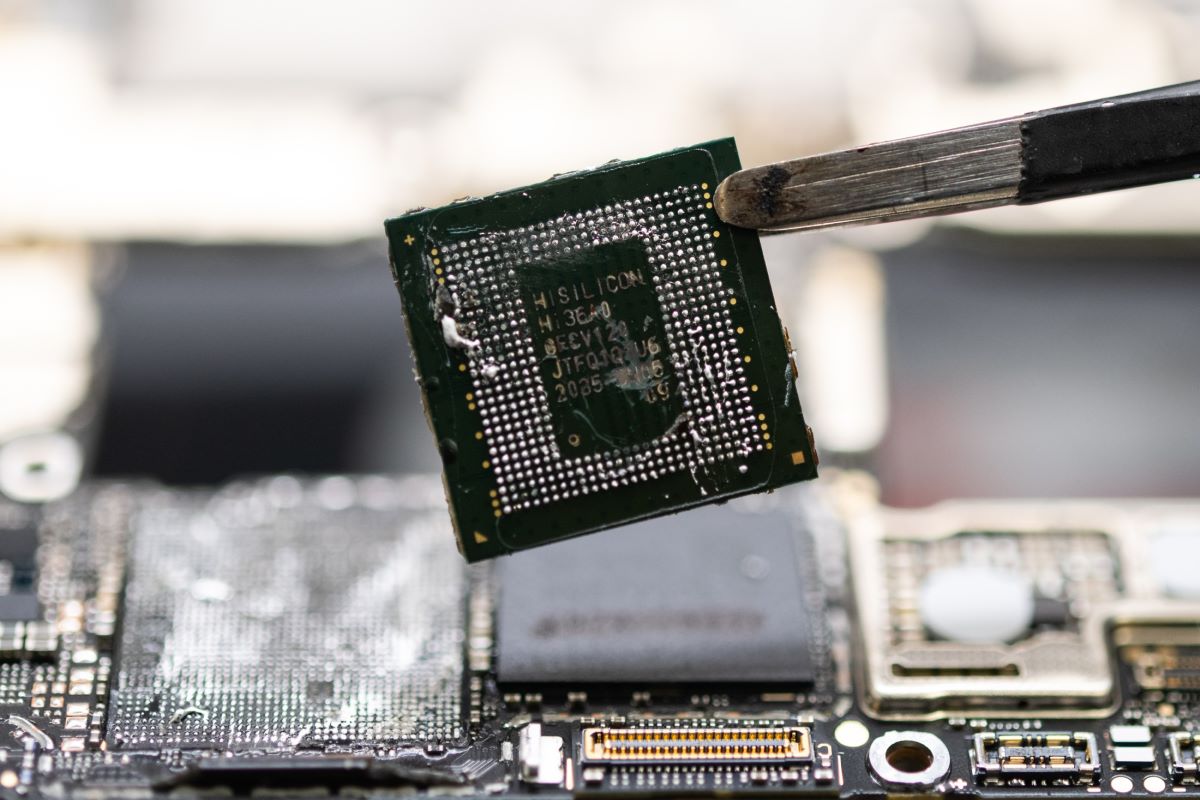Last week, Japan and the Netherlands decided to join the United States in adhering to additional sanctions on semiconductor exports to China.
However, the Semiconductor Equipment and Materials International (SEMI), an industry association encompassing leading companies in semiconductor design, manufacturing, and sales, has expressed that the restrictions imposed on China are insufficiently stringent.
According to SEMI, the sanctions will be ineffective unless US allies like Japan and the Netherlands implement more severe measures. The industry group has openly supported the US in the US-China tech conflict and welcomed the additional sanctions on China, noting its vested interest in the US.
While the precise details of the agreement remain undisclosed, SEMI believes that unless allies agree to more comprehensive controls and restrictions on Chinese semiconductor fabrication facilities, China will continue to advance in the semiconductor sector.
SEMI explained that semiconductor fabrication facilities, or fabs, are factories responsible for producing integrated circuits.
It emphasized that as long as Chinese fabs are operational, China will retain a strong potential to manufacture advanced chips.

The group further highlighted the need for allies to restrict their engineers and other personnel from assisting China’s high-end fabs.
The current sanctions imposed by the Biden administration prohibit the export of semiconductor manufacturing equipment, technology, and personnel to China. American nationals are barred from collaborating with or working for Chinese semiconductor companies.
Japan and the Netherlands have agreed to impose restrictions on semiconductor exports to China. Specifically, these countries have agreed not to export advanced chip-making equipment and cutting-edge technology to China, though older technologies and equipment continue to be exported.
China is the largest semiconductor market globally and aims to become a leader in advanced technology and artificial intelligence.
With its current capabilities, China can produce chips for low to mid-level applications such as washing machines, air conditioners, automobiles, and smart home devices. However, it remains dependent on the US and its allies for advanced chips used in weaponry, artificial intelligence, and cloud computing.
Although Japan and the Netherlands have agreed to additional restrictions on China, they oppose a complete ban due to potential adverse effects on their economies, which are significantly reliant on technology exports to China.






Leave a Reply